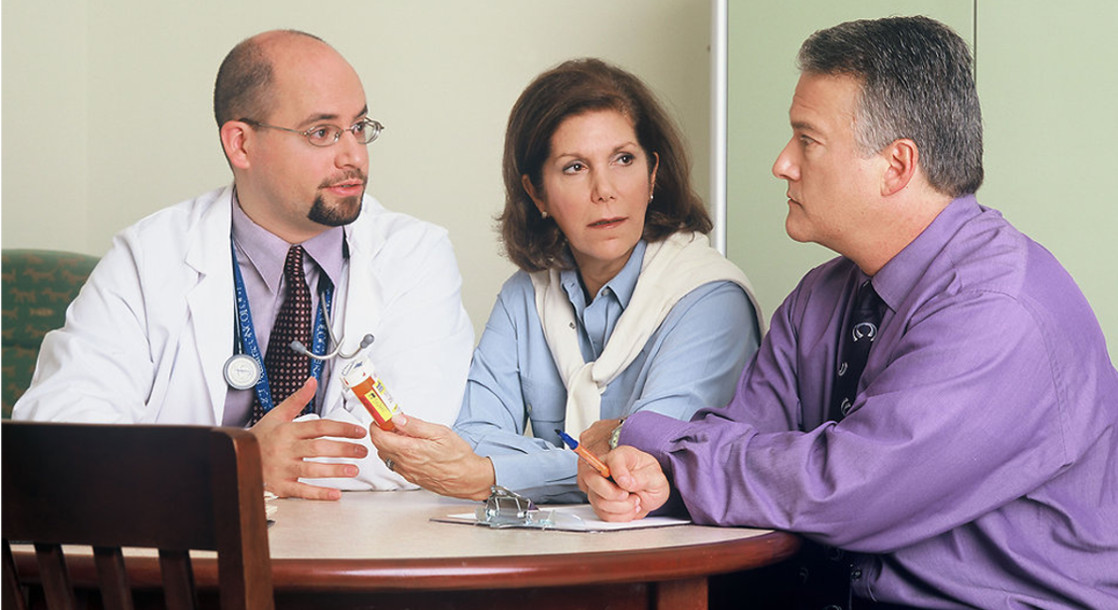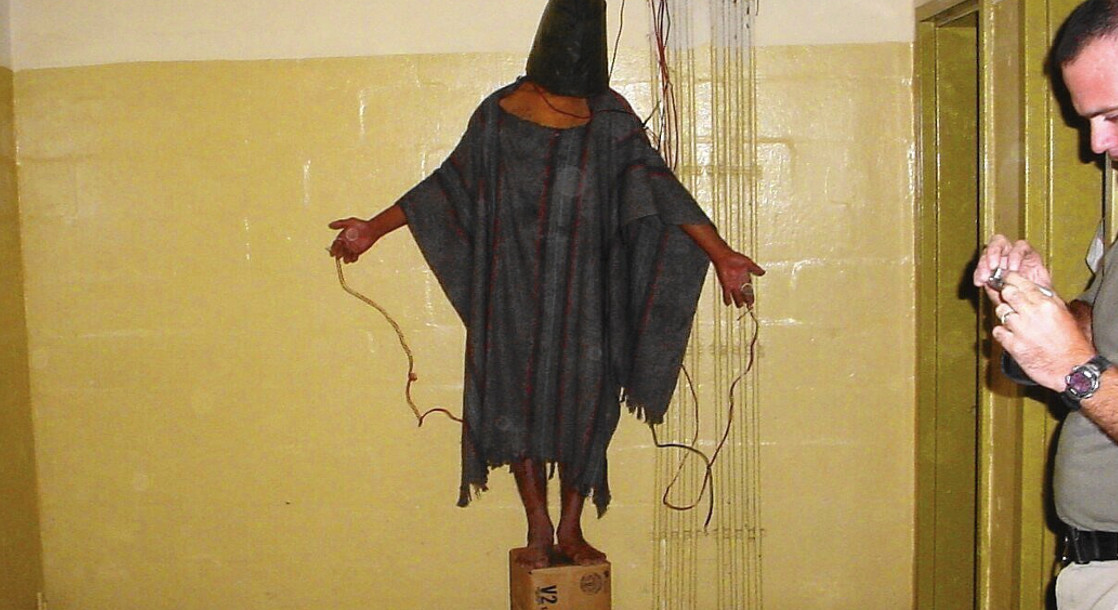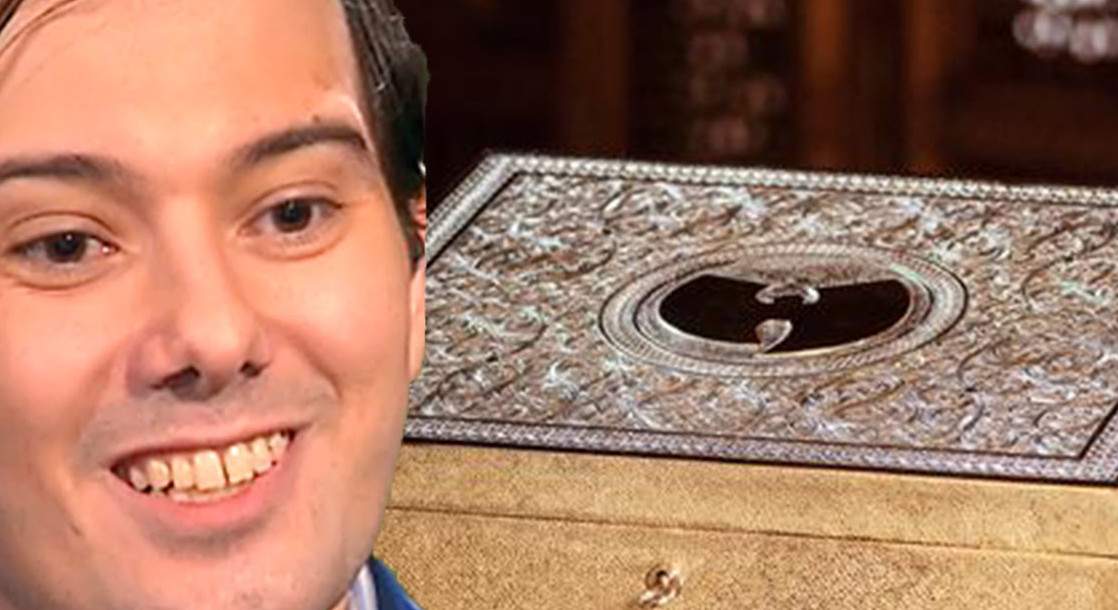Cultural attitudes and popular opinions about cannabis are changing daily, but in physicians’ offices and hospitals across America, patients consistently report both ignorance and denial when requesting doctor consultations about medical marijuana.
According to a new deep dive from NPR as part of the network’s ongoing series “This Moment in Cancer,” cancer patients across Massachusetts have expressed frustration with local physicians who offer little advice or guidance when it comes to medical marijuana, other than a simple “yes, you can look into it.”
Because cannabis is still a federally prohibited drug with no nationally recognized medical benefits, doctors cannot actually prescribe medical cannabis, but instead recommend patients for a state-approved program. Subsequently, hundreds if not thousands of cannabis-specific doctor’s offices have sprung up around the country to certify those in need. But for Americans with a serious illness and standard care, general practitioners are often uninformed, skeptical of medical cannabis, or too threatened by the drug’s federal status to even discuss it.
"I was flabbergasted that there was no real resource A, B and C, and 'here's how you do it,' " said Kate Murphy, a Massachusetts cancer survivor, to NPR about her experience trying to learn about medical cannabis. "What I liken it to is, 'you need chemo, now go figure it out.' "
Dr. Jordan Tischer, a former Massachusetts emergency room technician who left the hospital setting to open his own cannabis-specific clinics, inhaleMD, confirmed those inconsistencies in traditional treatment.
"By and large, physicians are simply saying, 'yes, you can have it,' and then stopping the conversation there," Tischer told NPR.
According to a study published in the peer-reviewed journal Cancer, that trend is common nationwide. In a survey of more than 900 Washington State cancer patients, researchers found almost one quarter of respondents had tried medical cannabis, while nearly all answered that they wanted more information about marijuana from their cancer treatment providers.
Outside of chemo and cancer, American military veterans have for years bemoaned baseless Department of Veterans’ Affairs policies requiring doctors to turn a blind eye to medical cannabis in the treatment of post traumatic stress disorder (PTSD).
Without a doctor to give advice, many patients are left to either find weed from friends on the black market, or dive into the world of legal cannabis by themselves, without information about the differences between THC and CBD, indicas and sativas, and the rest of cannabis’ myriad intricacies.
And with so much cannabis information, both true and false, floating around the internet, it can be hard to find the products that individual patients actually need. In his practice, Dr. Tischer even advises patients not to listen to budtenders or dispensary employees, claiming that they are often salespeople first, and cannabis experts second.
For now, it appears that medical professionals won’t take cannabis seriously until the federal government removes its Schedule I status — a pipe dream considering America’s current administration and its hardline anti-science approach to drug use.
In the meantime, ask your doctor as many questions as possible, seek out cannabis-specific consultants, and take everything you read on the internet with a grain of salt.











